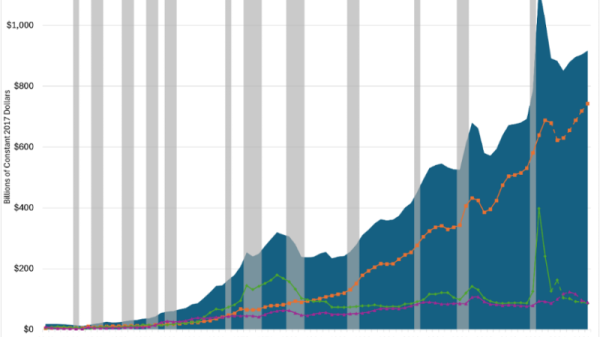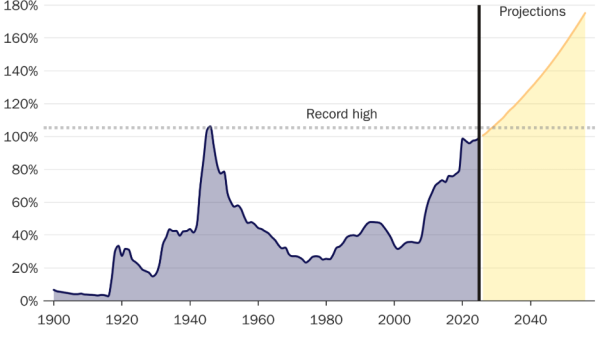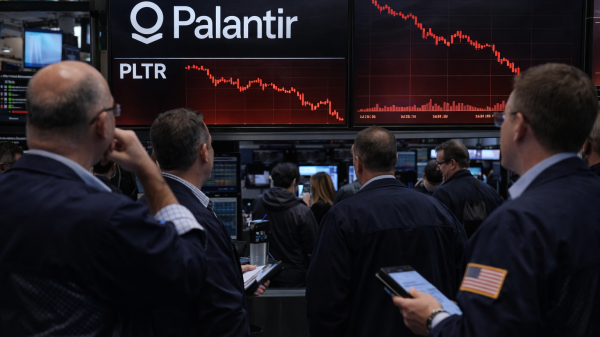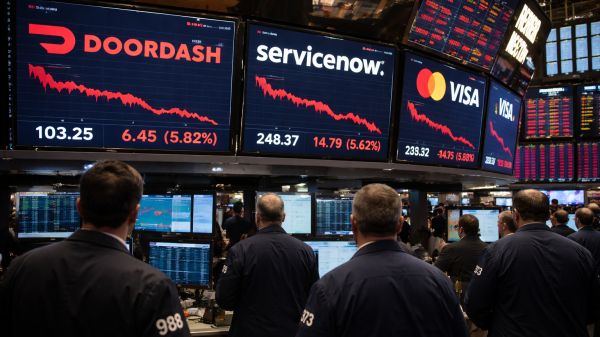Bumble, the women-centric dating app that once enjoyed a strong market presence, has recently seen its fortunes take a sharp downturn.
On August 8, Bumble shares crashed nearly 33%, hitting a record low after the company lowered its annual sales growth and 2024 revenue guidance.
This sudden plunge has sparked concerns among investors, signalling that the brand’s efforts to reignite growth through a comprehensive app overhaul have failed to deliver the desired results.
The company, now valued at around $1 billion, is set to lose more than $350 million in market value, marking its biggest intraday decline on record.
Bumble’s Q2 results reveal declining performance
Bumble’s second-quarter results have fallen short of Wall Street’s expectations, underscoring the challenges the company faces in maintaining its market position.
Revenue for the quarter ending June 30 increased by 3.4% to $268.6 million, but this was below the average analyst estimate of $273.2 million.
More concerning was the decrease in average revenue per paying user, which dropped to $21.37 from $23.23 a year earlier.
The company’s price-to-earnings ratio, a key metric for valuing stocks, stood at 7.91 times, significantly lower than its rival Match Group’s 15.15 multiple.
Bumble’s user base did grow, with the number of paying users rising 14.7% to 2.8 million, aligning with Wall Street estimates.
However, the tepid revenue growth and declining average revenue per user indicate that Bumble is struggling to convert its user base into sustainable financial growth.
Q3 outlook and 2024 guidance raise red flags
The company’s outlook for the third quarter and the full year 2024 has raised further concerns among investors.
Bumble now expects its full-year revenue to grow between 1% and 2%, a significant downgrade from its earlier forecast of 8% to 11%.
For the third quarter, the company has projected sales between $269 million and $275 million, well below the $296.1 million that analysts had anticipated.
Adjusted earnings before interest, taxes, depreciation, and amortization (EBITDA) are expected to range between $77 million and $80 million, falling short of Wall Street’s expectations of $91.5 million.
This cautious outlook has sparked concerns about the effectiveness of Bumble’s recent app relaunch and the introduction of new features like the Premium Plus offering.
The company’s management has tied the revised guidance to a broader “reset” of its strategy, which they discussed in detail during an analyst call.
Bumble plans to slow down certain monetization efforts, such as expanding its Premium Plus subscription, which was initially slated for the second half of the year.
Is Bumble’s new direction too little, too late?
Bumble’s leadership transition has also played a role in the company’s current predicament.
Founder Whitney Wolfe Herd announced her departure as CEO in November, and since then, Bumble has appointed four new C-suite executives tasked with overhauling the app to appeal to younger users.
The company has introduced several new features, including new interest filters, an AI-assisted photo picker, and enhancements to the matching algorithm, all aimed at creating a more “authentic” user experience.
However, these changes have not yet translated into financial success. The platform’s focus on rewarding “positive peer behaviours” and cracking down on bad actors may improve the user experience in the long term, but it appears to have alienated some users in the short term.
As a result, Bumble’s management has decided to slow down its near-term monetization efforts, which could further impact its revenue growth.
Fading charm of dating apps
Bumble’s struggles are not unique; they reflect broader challenges facing the online dating industry.
The pandemic-driven boom in dating app usage has waned, and companies are grappling with a post-pandemic decline in user engagement and willingness to pay for premium services.
Source: TradingView
The competition is fierce, with rivals like Match Group reporting stronger results, thanks to stabilizing trends at Tinder and robust growth at Hinge.
Moreover, macroeconomic factors have added to the pressure. A slowdown in consumer spending, particularly among younger users, has made it harder for dating apps to maintain their growth momentum.
Crispus Nyaga, analyst at Invezz, noted:
Bumble stock crashed after weak earnings and weak guidance, a reflection that the online dating industry is facing substantial headwinds. These results came just a week after Match Group, the parent company of Tinder and OkCupid, slashed jobs after another set of weak results. Bumble’s main challenge is how to monetize its business as competition – including from Meta Platforms and TikTok – rises. Its customer churn will likely continue rising and the company will need to improve its offerings to justify its premium offerings.
What’s wrong with Bumble’s finances?
Bumble’s financial metrics reveal a company that is struggling to maintain its footing in a competitive market.
The total number of paying users increased to 4.1 million in the second quarter, up from 3.6 million a year earlier.
However, this growth in users did not translate into proportional revenue growth, as the average revenue per user continued to decline.
Bumble’s profit per share for the quarter came in at 22 cents, beating the estimate of 13 cents. While this is a positive sign, it is overshadowed by the company’s reduced revenue guidance and the broader concerns about its growth strategy.
The company has also announced plans to introduce more features on the Bumble app, including additional options for making “opening moves” and an AI-assisted photo picker to ease profile creation.
These features are expected to roll out through the fall and early winter, but whether they will be enough to turn the tide remains to be seen.
Investor are cautious
Investor sentiment towards Bumble has soured, as reflected in the sharp decline in its stock price.
The company’s downward revision of its revenue and earnings guidance has left investors questioning the clarity and effectiveness of its growth strategy.
Bumble’s challenges are compounded by the broader market dynamics, including changing consumer preferences, increased competition, and unfavourable macroeconomic conditions.
While the company’s leadership is taking steps to address these issues, the road ahead is likely to be challenging.
Can Bumble bounce back?
Bumble’s recent struggles highlight the difficulties of maintaining growth in a highly competitive and rapidly changing market.
The company’s efforts to reinvent itself through new features and a refreshed app have yet to yield the desired results, and its financial performance has suffered as a result.
The market’s reaction to Bumble’s revised guidance and disappointing Q2 results suggests that investors are losing confidence in the company’s ability to navigate these challenges.
While Bumble still has a strong brand and a sizable user base, it will need to demonstrate that its new strategy can deliver sustainable growth in the long term.
As Bumble moves forward, it will be crucial for the company to strike the right balance between enhancing the user experience and driving revenue growth.
Whether it can achieve this balance and regain investor confidence remains to be seen.
The post Has the market fallen out of love with Bumble? appeared first on Invezz



























